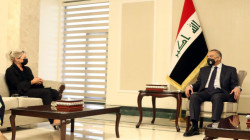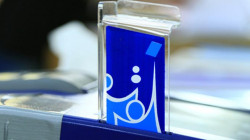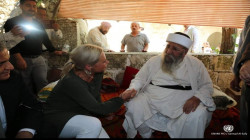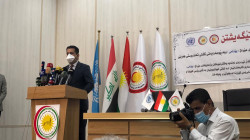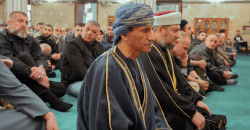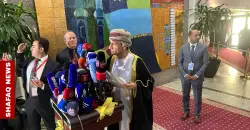UN Envoy highlights Iraq’s progress, challenges in briefing to Security Council
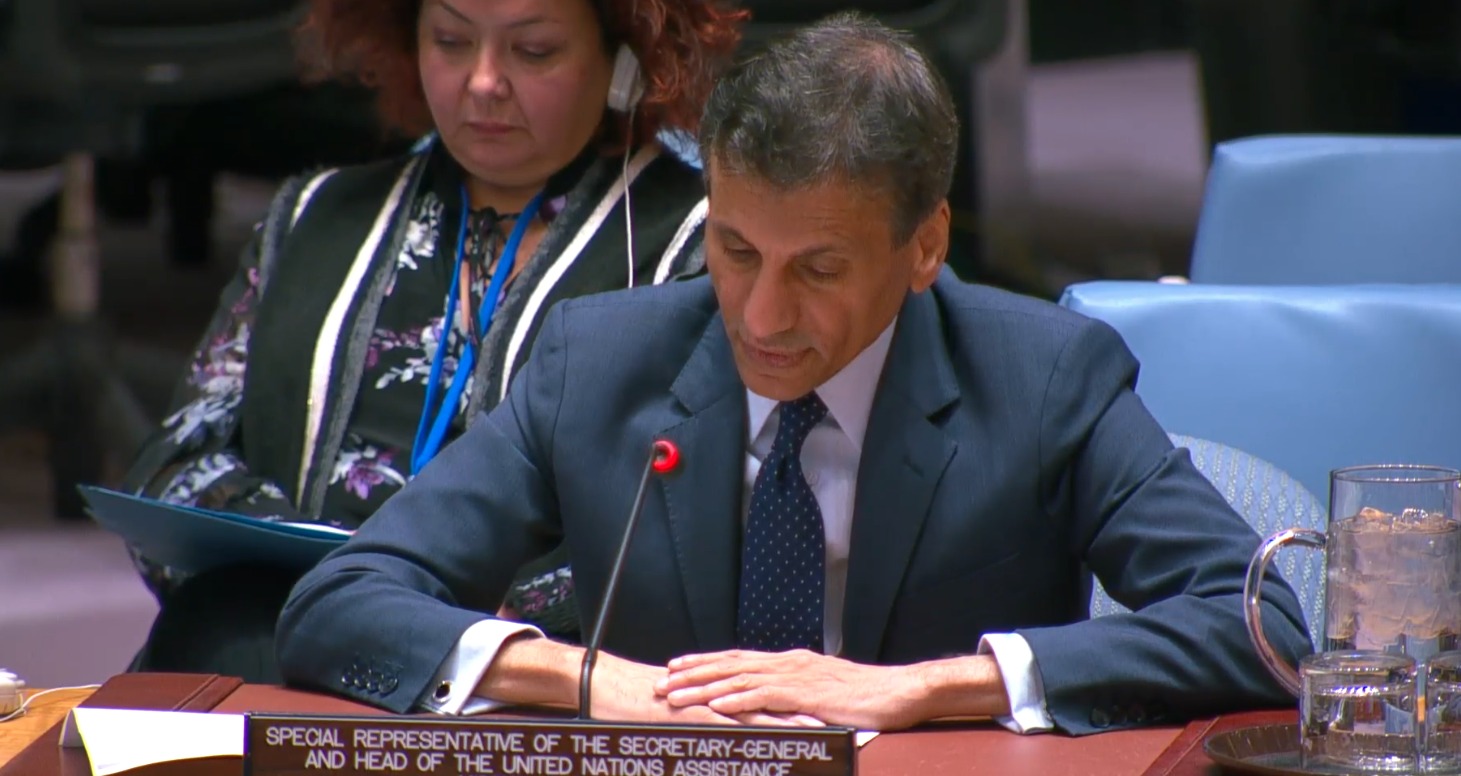
Shafaq News/ The Special Representative of the UN Secretary-General for Iraq, Mohamed Al-Hassan, delivered a comprehensive briefing to the UN Security Council, highlighting Iraq’s strides toward stability and the ongoing challenges it faces.
“Iraq today is not the same as it was 20 years ago or even five years ago,” Al-Hassan said. “Despite numerous obstacles, Iraq is more secure, stable, and open.” He expressed confidence in Iraq’s ability to overcome crises and move toward a brighter future.
Al-Hassan outlined positive developments, including the successful completion of Iraq’s national census, the election of a new parliament speaker, and the recent Kurdistan Region elections. He also praised the government’s commitment to infrastructure development and improving public services.
The envoy commended Prime Minister Mohammed Shia Al-Sudani’s firm stance in keeping Iraq out of conflicts, calling the country a “strong voice for peace and stability.”
“PM Al-Sudani has consistently called for an end to regional tensions, stressing need for respect of Iraqi sovereignty and territorial integrity.”
Efforts to position Iraq as a hub for transportation, energy, and trade were also lauded. “Such initiatives underscore Iraq’s efforts to foster regional integration and prosperity, which also bring hopes and opportunities.”
While highlighting progress, Al-Hassan acknowledged that corruption continues to hinder Iraq’s socio-economic growth, stressing that “Iraq requires comprehensive changes and reform that will bolster accountability, promote competency, improve transparency, and fortify governance systems.”
“I fully trust the government is taking promising steps in this direction.”
The envoy also called for stronger state institutions and the promotion of human rights as “the country moving away from its dark past.” However, he expressed regret over delays in appointing the board of the Independent High Commission for Human Rights (IHCHR).
Addressing Iraq’s proposed Amnesty Law, Al-Hassan emphasized its potential to “promote reconciliation and redress grievances of those unjustly imprisoned. Those responsible for atrocities should be brought to justice. At the same time, justice should be delivered in a fair and proportionate way.”
On the controversial Personal Status Law (PSL,) he warned of its potential impact on women and children, saying, “We have extensively engaged with Iraqi stakeholders, emphasizing need for constructive and inclusive dialogue; we further stressed that any reforms to PSL are in alignment with Iraq’s international human rights commitments.” He said.
The legacy of ISIS remains visible, Al-Hassan noted, particularly in camps housing thousands of internally displaced persons (IDPs), many of whom are Yazidis, urging Iraq “to invest concretely in creating the conditions for IDP returns,” and to fully implement the Sinjar agreement.
He also praised Iraq’s efforts in repatriating citizens from Syria’s Al-Hol camp, noting commitments to complete the process by 2025.
On the issue of Iraq-Kuwait maritime border demarcation beyond marker 162, Al-Hassan encouraged continued dialogue between the two nations and reiterated the UN’s readiness to facilitate negotiations.
